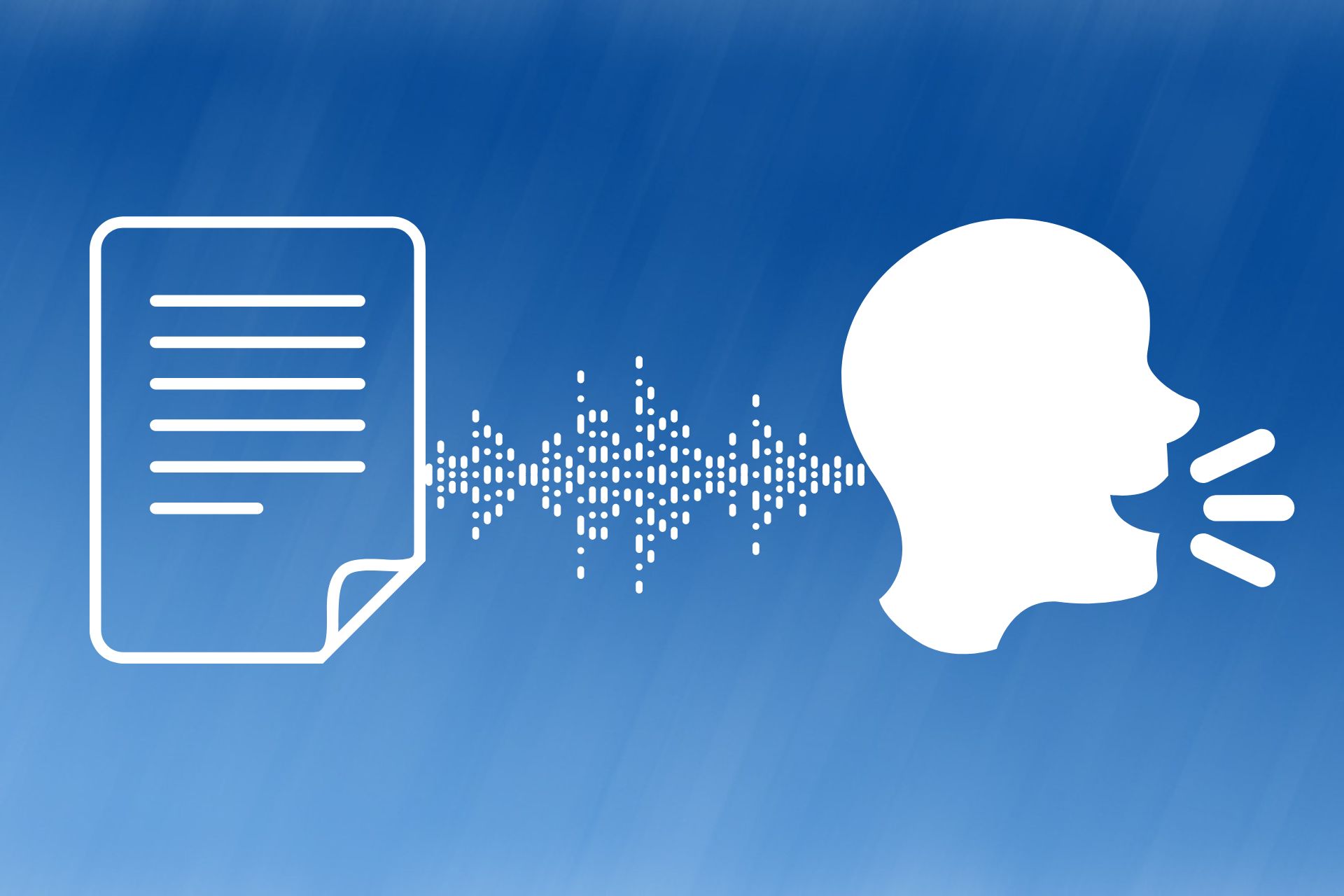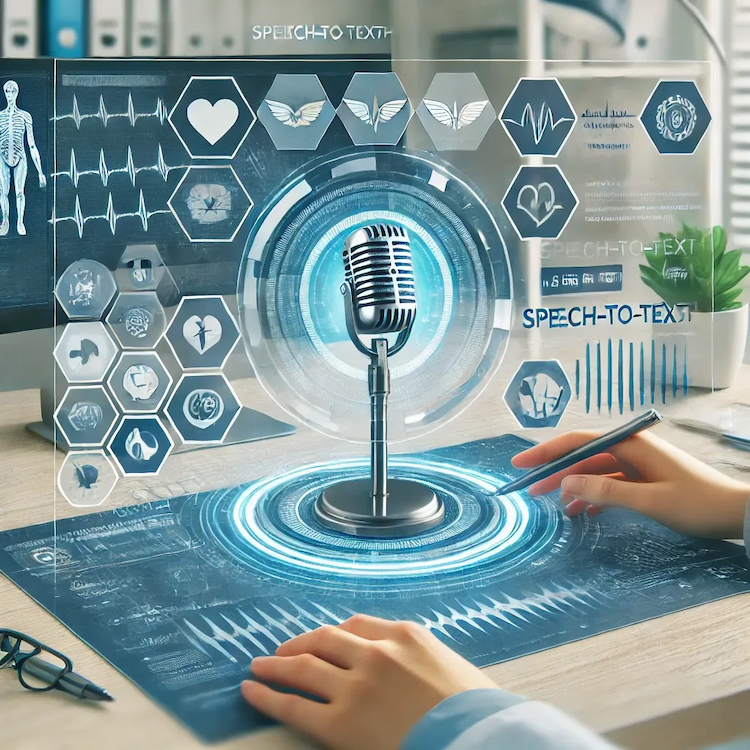Applying Text-to-Speech technology in healthcare: Smarter health care every day
Text-to-Speech (TTS) is becoming an increasingly useful tool in the medical field with a variety of applications. Here are some of the main applications of TTS in the medical industry.

1. Patient support
Providing information: TTS can be used to provide detailed medical information and instructions to patients, especially those who are not used to reading or have difficulty understanding medical documents.
Assisting visually impaired patients: TTS technology helps patients listen to medical information, prescriptions, and home care instructions.
Medication reminders: Medication management systems that integrate TTS can remind patients about their medication schedules, helping to maintain better treatment adherence.
2. Support for doctors and medical staff
Text-to-speech for medical records: Doctors can quickly listen to patient medical records, saving time and focusing on treatment.
Medical recording and reporting: TTS helps convert written reports into audio, helping medical staff quickly listen to medical content while traveling or working in the field.
3. Medical training and education
Learning support: Medical students and medical staff can use TTS to listen to learning materials and medical research documents when they don't have time to read.
Distance training: In distance learning courses, TTS helps students listen to lecture content visually, enhancing the learning experience.
4. Applications in research and development
Patient-computer communication systems: TTS is an important part of patient-computer communication systems, supporting patients in studies of speech response and language understanding.
Virtual medical assistants: Many virtual medical assistant systems use TTS to interact with patients, especially in monitoring and collecting health data at home.
5. Applications in home care and chronic disease management
Home health monitoring: Home medical devices can use TTS to guide patients in self-care or record health signs such as blood pressure, heart rate.
Chronic disease management: For patients with chronic diseases, TTS helps provide specific instructions on diet, exercise, and self-care.
With the development of AI technology, TTS in the medical field is becoming more and more intelligent, not only converting text to speech but also being able to customize intonation and voice to suit each context and user needs.
Author: FTECH AI









